Egypt's Merimde Civilization: The Ancestors of the Pyramid Builders Who Didn't Bury Their Children
Categories: Africa | History | Nations
By Pictolic https://pictolic.com/article/egypt39s-merimde-civilization-the-ancestors-of-the-pyramid-builders-who-didn39t-bury-their-children.htmlThe civilization of Ancient Egypt is still full of unsolved mysteries. People who built majestic pyramids and temples before the invention of the wheel are truly worthy of admiration. But Egyptian civilization did not arise out of nowhere. People lived on the banks of the Nile long before its appearance, but we know very little about the culture of these ancient inhabitants. The civilization of the predecessors of the ancient Egyptians was called Merimde, and it began to be studied relatively recently.
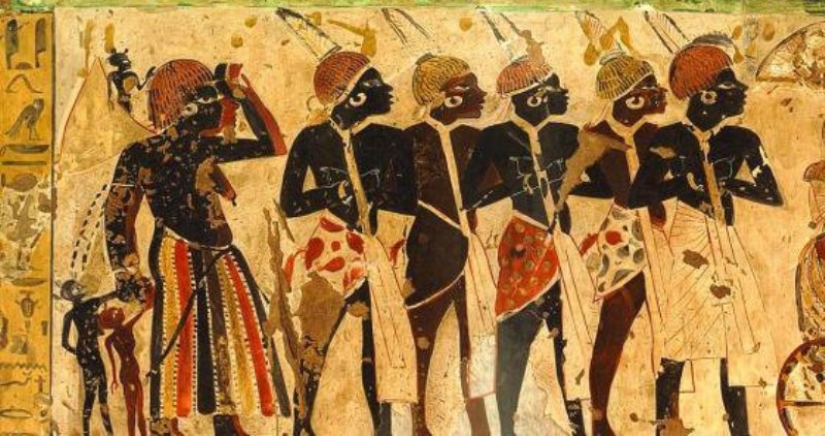
The ancient civilization of Merimde existed from the end of the sixth millennium BC to the beginning of the fourth millennium BC. The culture got its name from the archaeological site that became the key to its discovery. Archaeologist Hermann Junker discovered it in 1928 near the city of Benisalame, located 50 km northwest of Cairo.
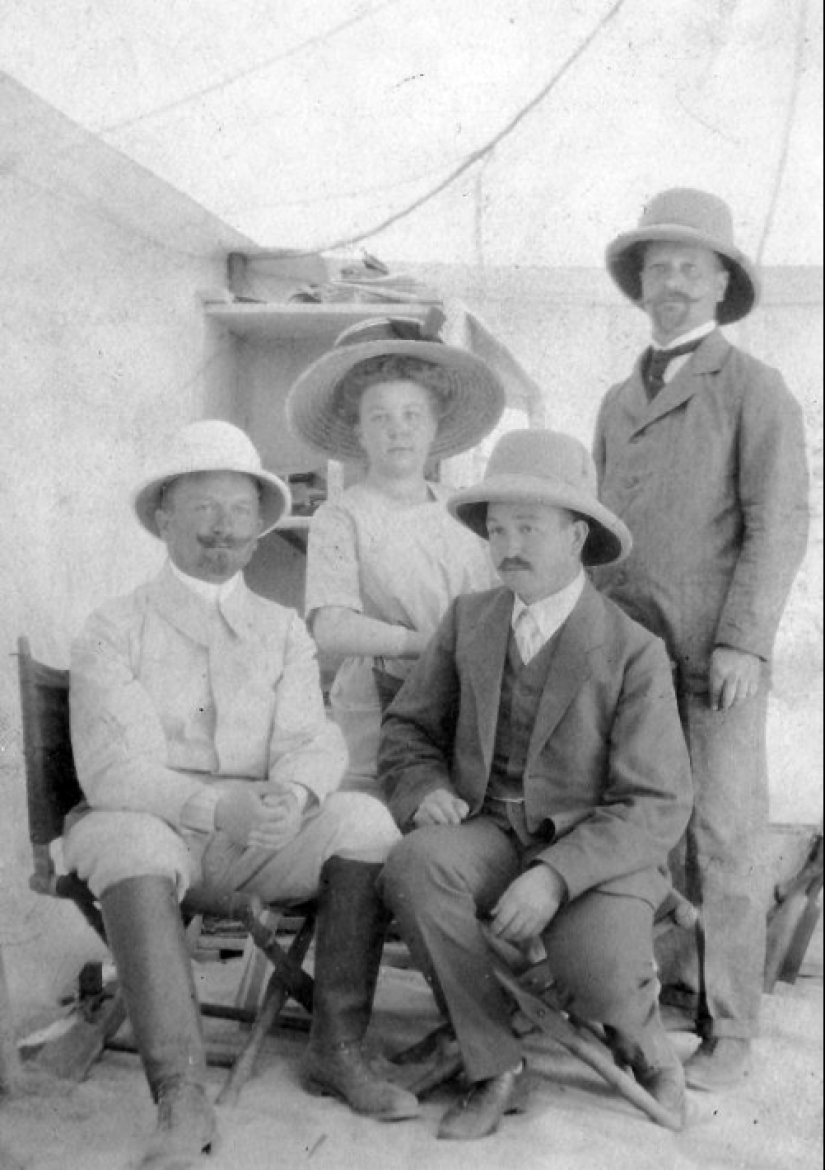
Junker excavated the site until 1939, when the war began. Over the course of ten years, the archaeologist accomplished a huge amount of work. Unfortunately, most of his notes and photographs were lost forever in the fires of World War II. Scientists had to start all over again almost half a century later. The excavations resumed in 1977 and lasted for five years.
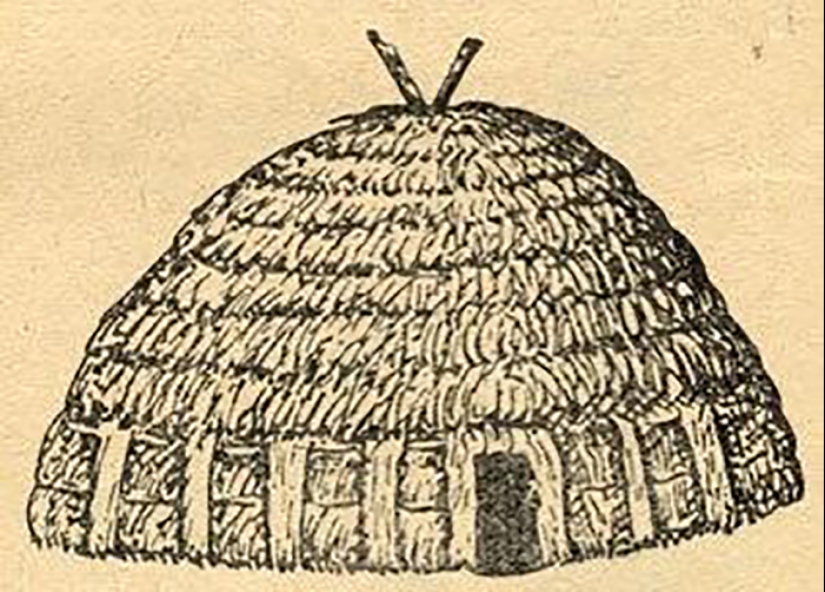
The Merimde civilization is the oldest Neolithic settlement in North Africa. The first dwellings of this people were built from twigs and reeds, and then from adobe. Their houses were quite large and had a dome shape. The main occupations of the inhabitants of the settlement were cattle breeding and agriculture. Probably, everyone was equal in their society, since scientists have not found traces of differentiation.
It was an ancient African communism: all adult members of the community had equal voting rights, and material goods were distributed equally. The produce of agriculture and livestock was sometimes supplemented by the catch of hunters and fishermen, who brought it into the “common pot.” These people hunted hippopotamuses, crocodiles, and turtles, and also gathered river shellfish.
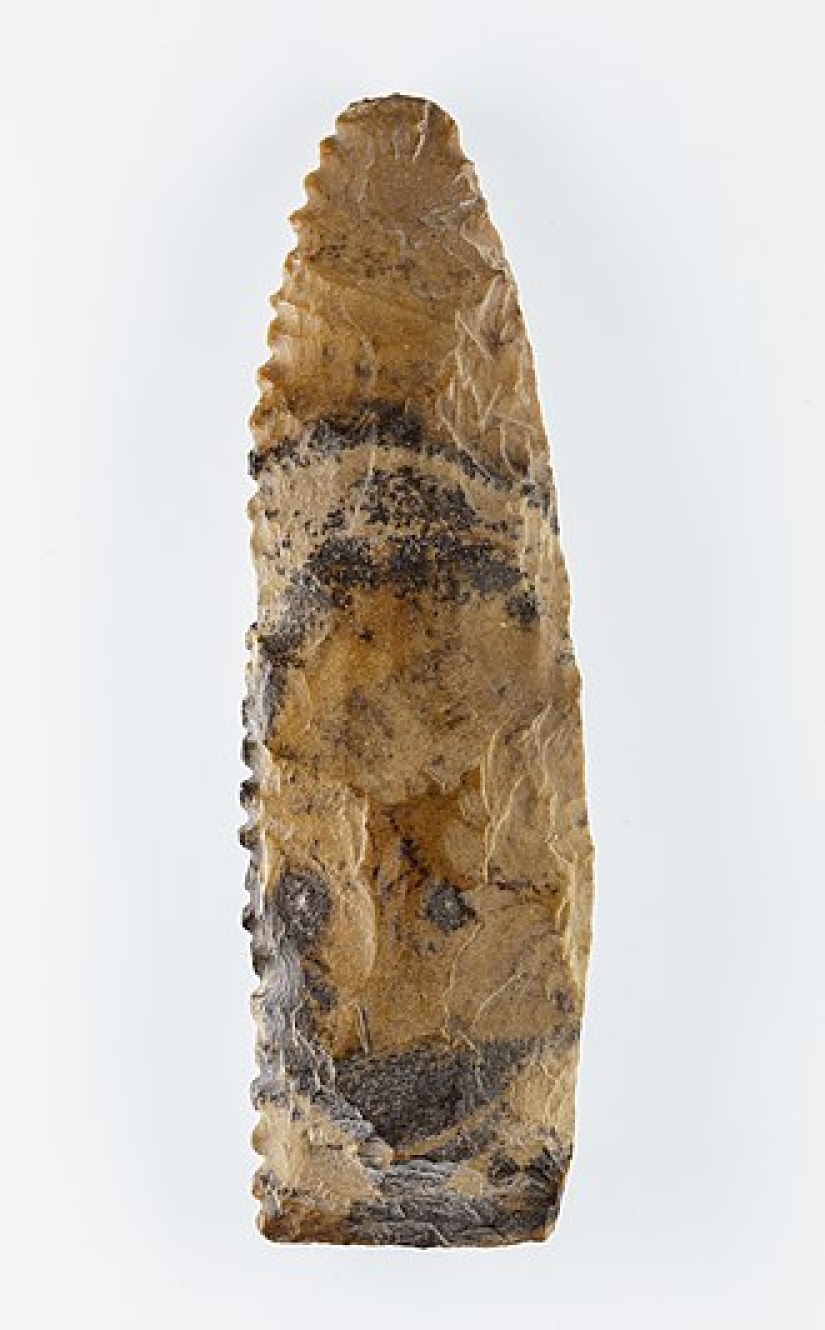
The grain collected in the fields was stored in large clay containers dug into the ground. It is worth noting that the people of the Merimde civilization were skilled potters. They made vessels and complex figurines from clay without using additives that promoted hardening.
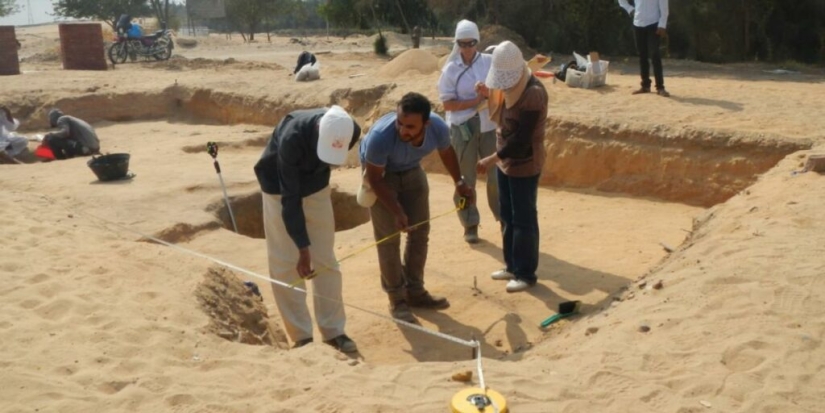
During the excavations, scientists found the remains of grain vessels more than two meters high, as well as bowls, jugs and figurines of people, bulls and birds. Archaeologists also found jewelry made of shells and ostrich shells, which indicates that this people was not alien to the sense of beauty.
The most famous creation of the Merimde artists was a terracotta human head made by an unknown artist in the 4th millennium BC. This is the first depiction of a human face found in Egypt. It was probably part of an idol.
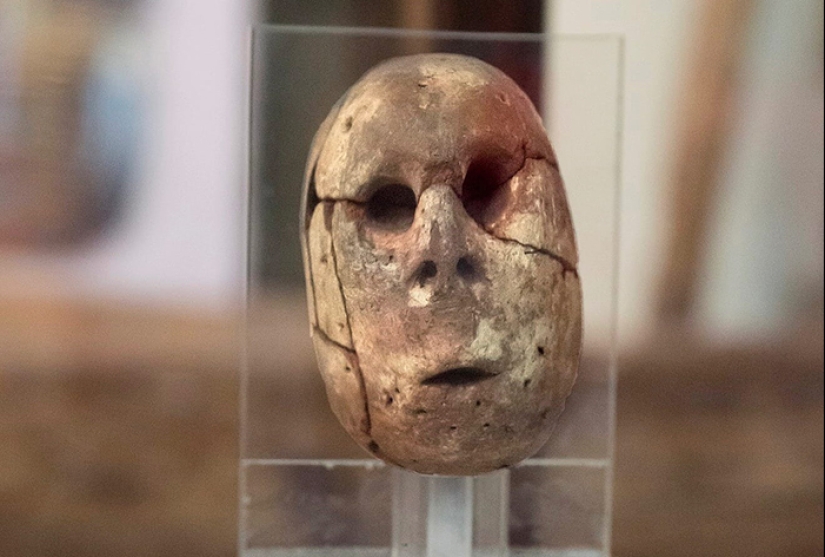
The head has a mouth, nose and eyes, and at the bottom there is a hole, which once held a pin that replaced the neck. Traces of paint have been preserved on the terracotta head. It probably once had a moustache and beard, giving it the maximum resemblance to a person. Other images of a person were also found during the excavations, some of which looked like masks.
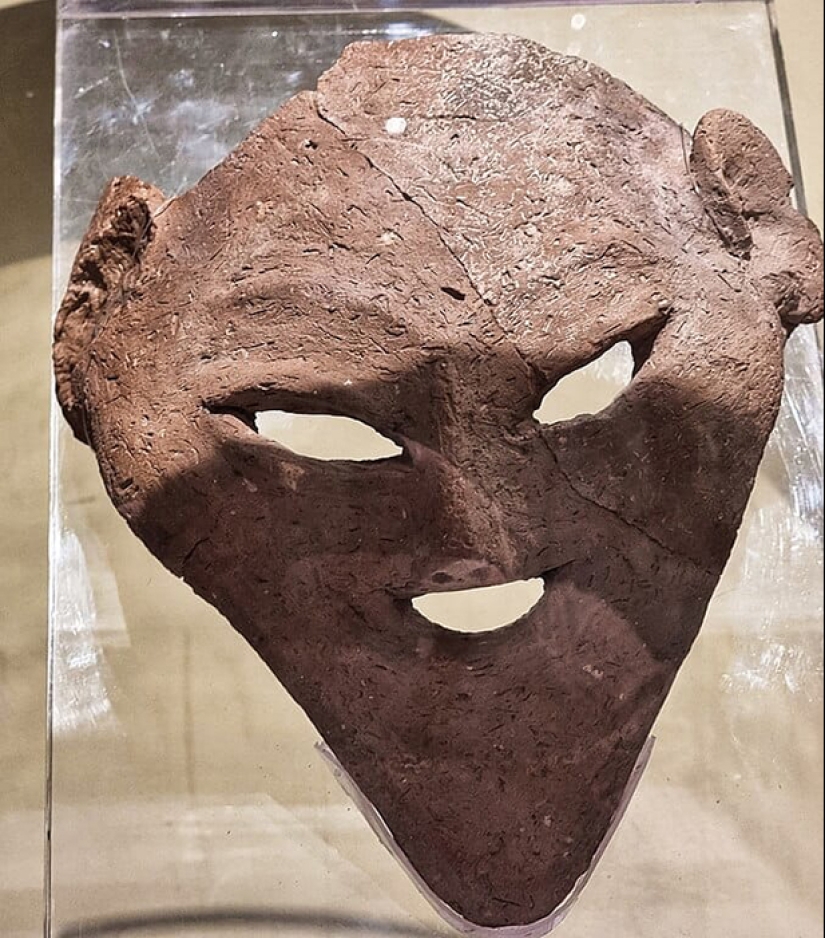
Surprisingly, this people most likely traded even then. Some shells were not typical for that area and were clearly brought from the shores of the Red Sea. Unfortunately, we do not yet know how the exchange took place and who the trading partners of the Merimde people were.
But the most surprising fact was that the Merimde civilization did not know cemeteries at all. Yes, the ancestors of the ancient Egyptians, who had a real funeral cult, treated their dead rather coolly. The dead were buried right in their homes.
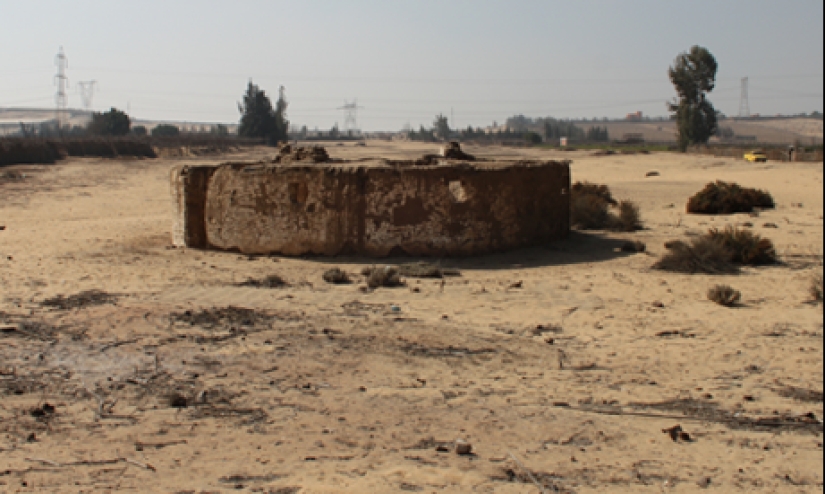
To do this, they dug an oval grave in the earthen floor, into which they placed the body in the fetal position, facing the entrance. There were no offerings or ritual objects in the graves. The dead person was simply placed in a hole and covered with earth, and then they lived in the house as if nothing had happened. They treated dead children even more simply - they were simply thrown into a garbage dump located outside the village.
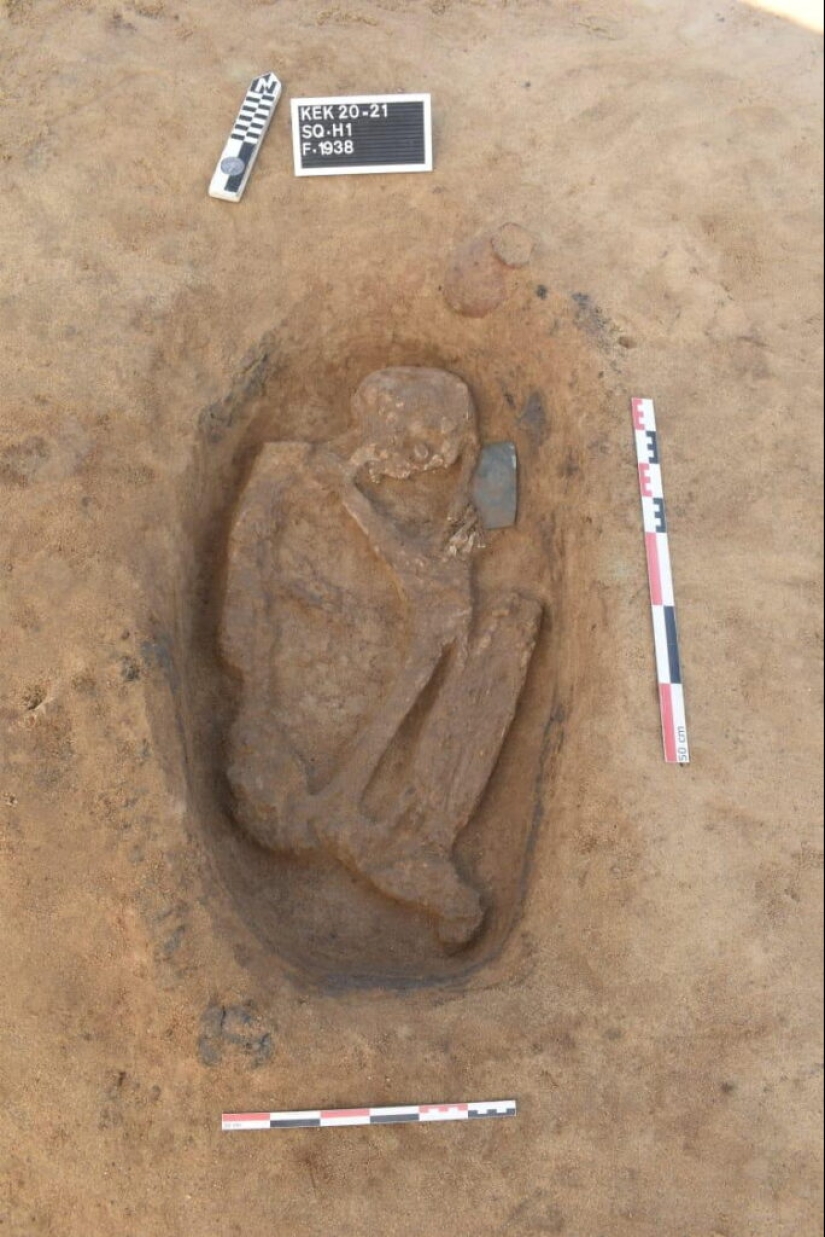
Almost all the remains of the people of the Merimde civilization were dolichocephalic, that is, their skull was longer than usual in relation to its width. This feature is often found among the peoples of North Africa. Interestingly, the Egyptians were well aware of the existence of the Merimde civilization. According to their legends, they were the first people to populate the earth immediately after the gods. In Egyptian papyri, that era is described as a time of decline in the arts and sciences, as well as a period of political chaos.
Ancient civilizations hold many secrets that we have yet to unravel. For example, it is still unknown what lies behind the image of the "astronaut" in the Mayan city of Palenque.
Recent articles

It's high time to admit that this whole hipster idea has gone too far. The concept has become so popular that even restaurants have ...

There is a perception that people only use 10% of their brain potential. But the heroes of our review, apparently, found a way to ...

New Year's is a time to surprise and delight loved ones not only with gifts but also with a unique presentation of the holiday ...